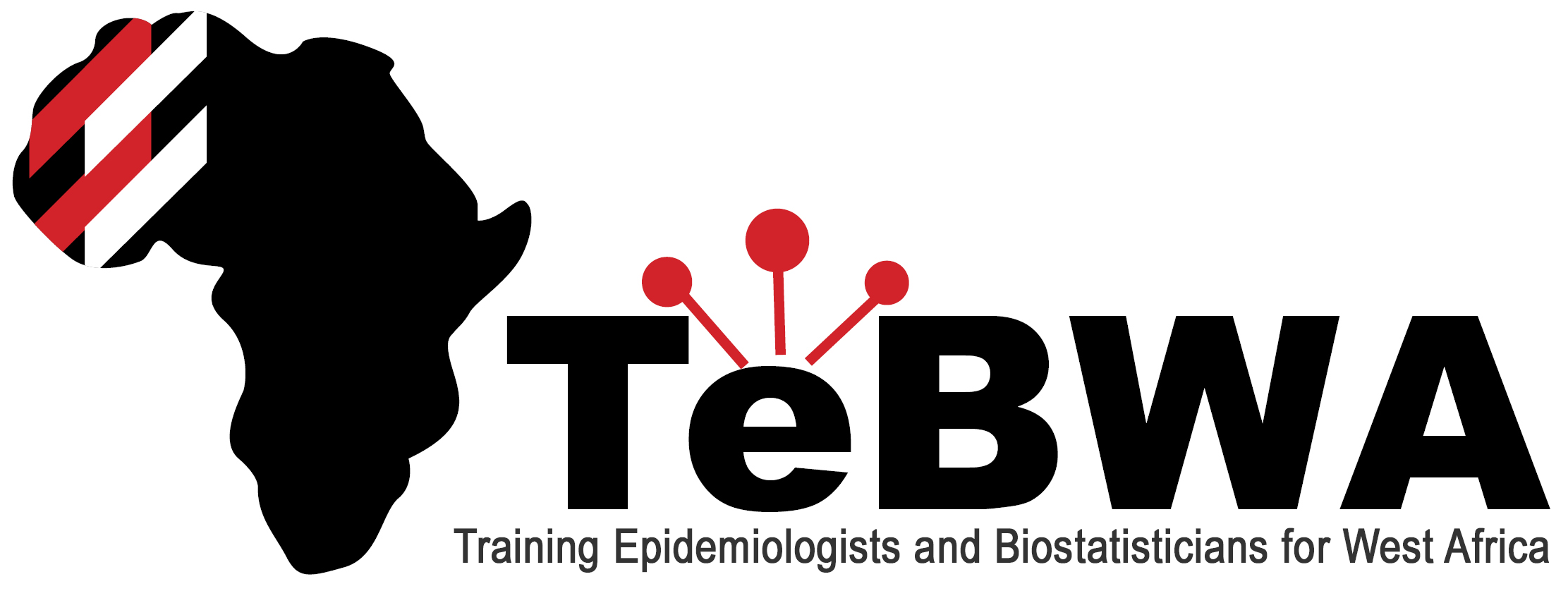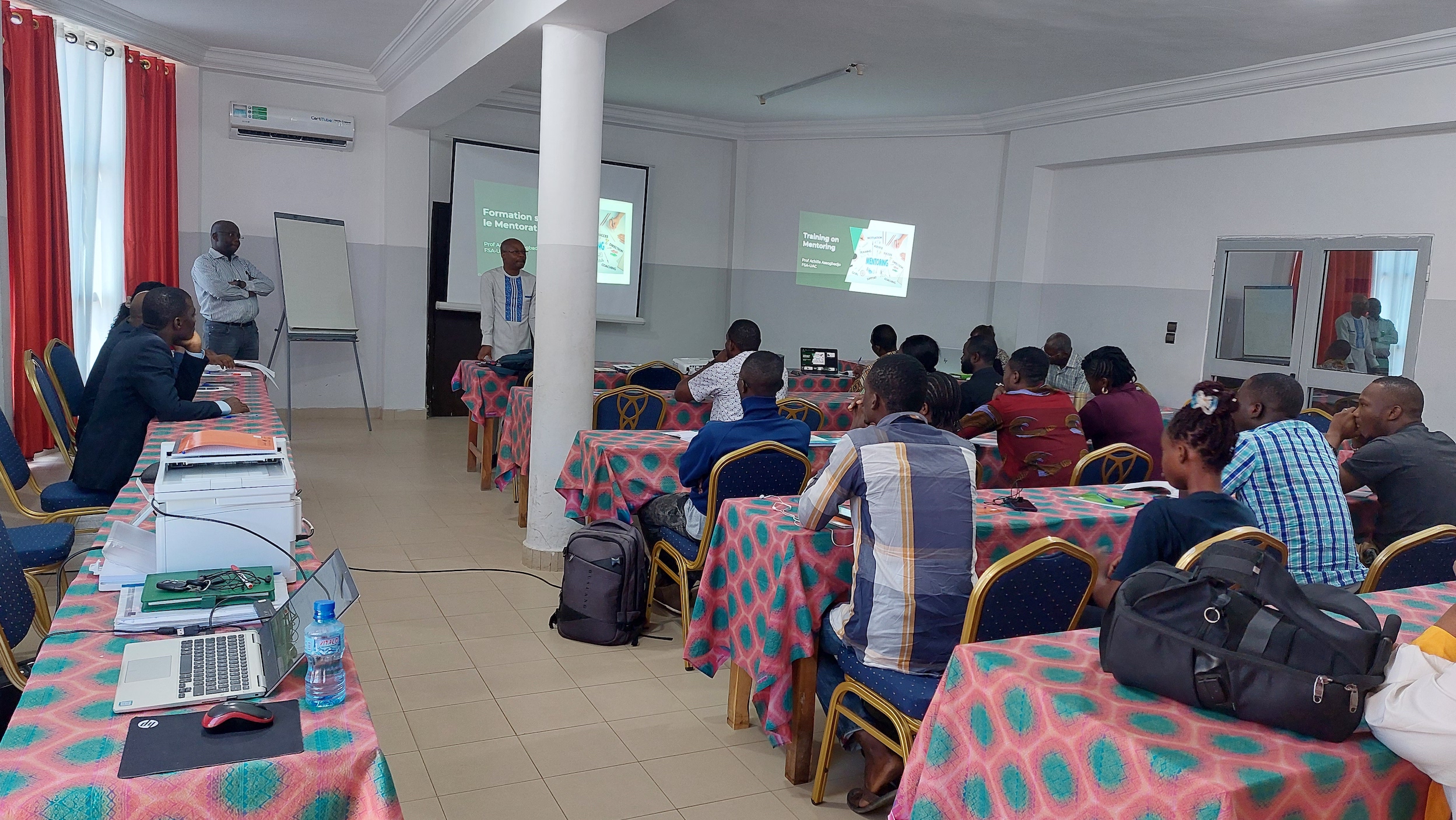The TEBWA project involves two M.Sc. programs, and the project fellows are expected to carry out research at the end of their training. To ensure that their fellows complete quality research and on time, the project has scheduled a workshop to evaluate the students’ research protocols. In addition to excellence in academic training, the TEBWA project puts a strong emphasize on supporting its fellows to succeed in their professional life. For this purpose, the project has also put in place a mentoring program for its fellows. As such, each fellow has been assigned a mentor. The aim of the mentoring program is, among other, to enable the fellows to benefit from the experience, network, and guidance of their mentors, to ensure the success of their academic studies and, above all, better integration into the professional life. To this end, the project also planned a training for mentors and mentees on the principles, tools, and techniques for successful mentoring.
The short-term objectives of this workshop were to :
- evaluate the research protocols of the project fellows,
- provide constructive review for the fellows to improve their research proposals,
- train TEBWA fellows on principles and techniques to perform a systematic review
- train TEBWA fellows and their mentors on the principles, tools, and techniques for successful mentoring.
In the medium term, this workshop aimed to enable the fellows to complete their dissertations on time and maximize the benefits of mentoring.
The workshop took place from 20th to 24th March 2023 at GANNA Hôtel, Grand Popo. The project coordinator Prof Romain GLELE KAKAI and Professor Dismand HOUINATO (coordinator of the master program in epidemiology and public health interventions) gave the opening remarks. The training on the mentoring was given for three days by Dr Eric AGOYI (an international expert) who was supported by Prof Flora CHADARE (an invited guest from the National University of Agriculture of Benin). On the day 4, the TEBWA fellows presented their research proposal. They received comments and suggestions from the project team members and other experts that were invited. Finally, Dr Valère SALAKO (the PI-assistant) train the fellows on the principles and techniques to perform a systematic review. The workshop was closed by a short meeting of the coordination team.

